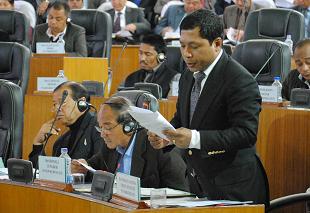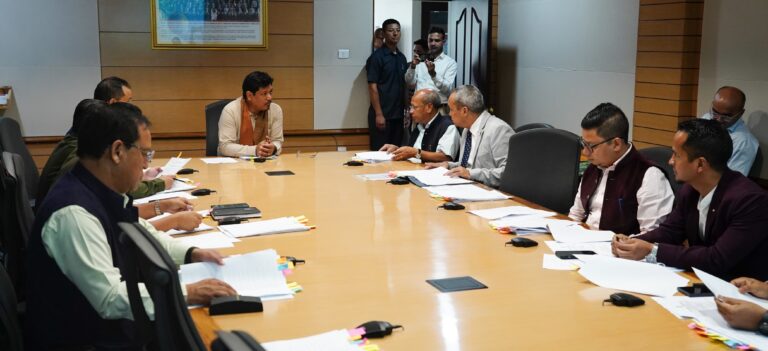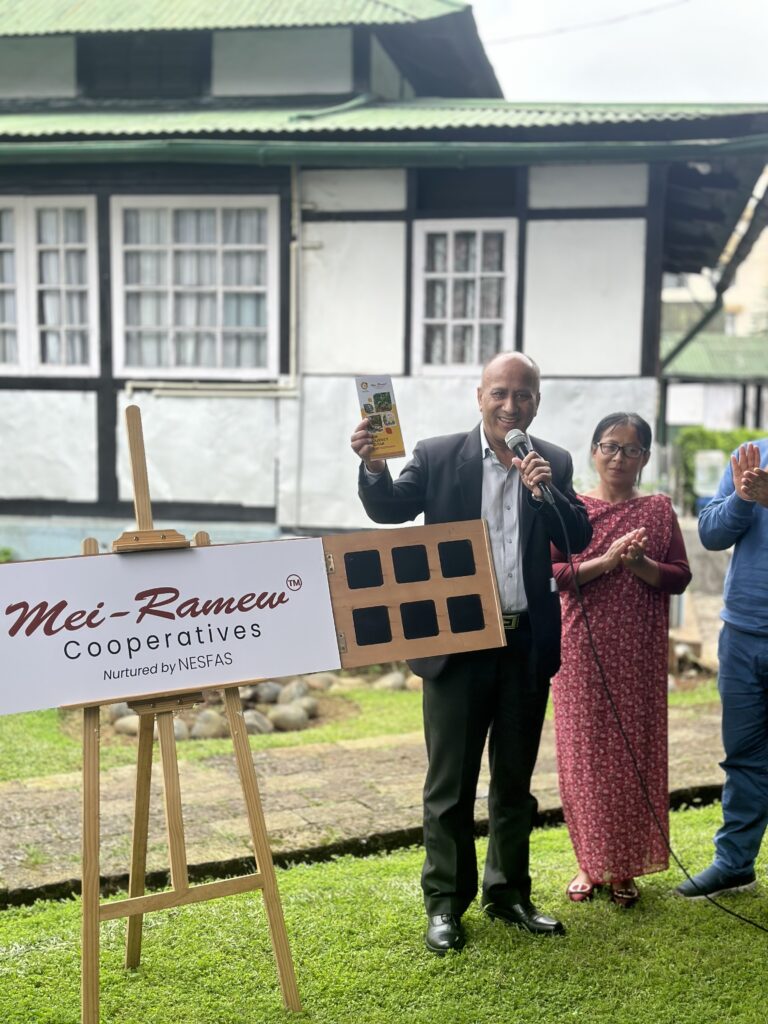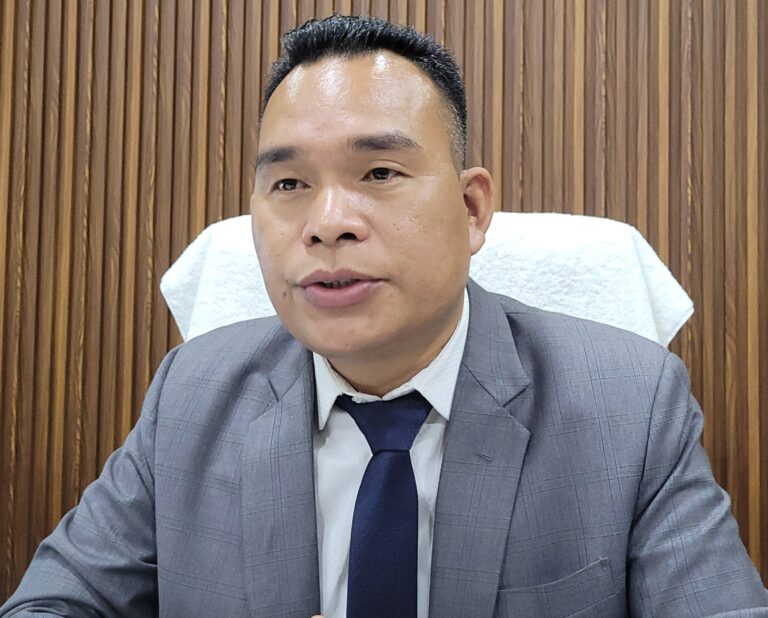 SHILLONG, MAR 21: The Meghalaya government has reaffirmed its commitment to legislate an effective and strong anti-graft law by affecting suitable changes to the “Meghalaya Lokayukta Bill, 2012” that was denied assent by the governor after it was hurriedly passed in the last session of the previous Assembly.
SHILLONG, MAR 21: The Meghalaya government has reaffirmed its commitment to legislate an effective and strong anti-graft law by affecting suitable changes to the “Meghalaya Lokayukta Bill, 2012” that was denied assent by the governor after it was hurriedly passed in the last session of the previous Assembly.
Chief minister Mukul Sangma told the state Assembly on Thursday that the government will examine the Bill anew and make suitable amendments to it to make it more powerful. “We will also have legislation for effective delivery mechanisms, which will be a comprehensive approach to effectively deal with the issues relating to corruption,” he said.
It may mentioned that the Lokayukta Bill, 2012 was passed in the last Assembly despite opposition from many quarters, including some prominent NGOs. Heeding perhaps to the growing voices of opposition, the governor denied his assent to the Bill and sent it back to the government with certain suggestions of won own.
The chief minister said the recommendations made by the governor would be examined. “I will seek the mandate of the Cabinet to further examine and dwell on this and ensure that the aspiration of the people to fight corruption is fulfilled,” he asserted.
Earlier, moving the resolution on amending the Bill, UDP working president Paul Lyngdoh asked the government to “redraft” the Bill, and also take the members of the Opposition into consideration so as to discourage corruption in public life.
Pointed out several lacunae in the Bill, Lyngdoh said since as per the Sixth Scheduled of the Indian Constitution, the traditional institutions enjoy the status of public servant, they too should be brought under the purview of the Bill. Similarly, he said, clauses 6 and 7 should also be amended as it states that the Lokayukta can be removed by a simple majority of the House, which any government in power can easily do.
Supporting the resolution, HSPDP Nongkrem legislator Ardent Basaiawmoit said: ‘Para 16 of the Bill is complicated and discourages people to come forward and complain against any corruption practices as it states that action would be taken against false complaint.” He instead suggested that such a provision should be replaced with something that would ensure confidentiality of the complainant.




















+ There are no comments
Add yours